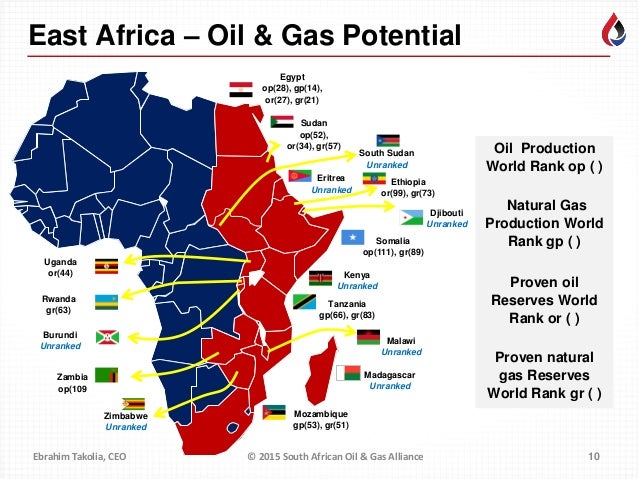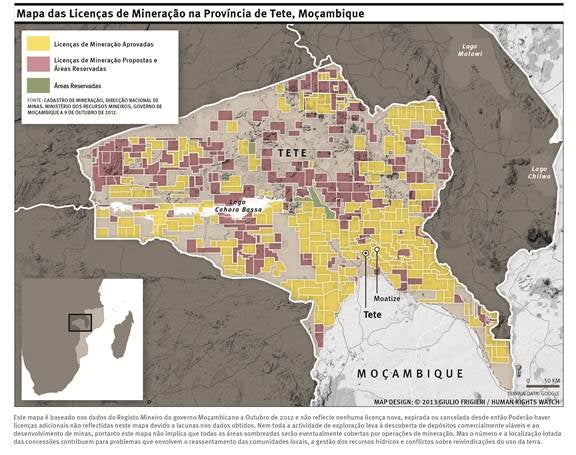Mozambique’s main anti-corruption NGO, the Centre
for Public Integrity (CIP), has demanded that the Attorney-General’s Office
(PGR) should, in the wake of the independent audit undertaken by the company
Kroll Associates, act immediately to bring to justice those responsible for the
scandal of the country’s “hidden debts”.Three security related companies,
Ematum (Mozambique Tuna Company), Proindicus and MAM (Mozambique Asset
Management), took out loans of over two billion US dollars from the banks
Credit Suisse and VTB of Russia in 2013 and 2014. The loans were illicitly
guaranteed by the government of the time, in violation of the ceilings on
guarantees set in the budget law, and also in violation of the Mozambican
constitution which states that only the Mozambican parliament, the Assembly of
the Republic, can authorise such debt.
 Kroll audited the three companies, and the
executive summary of the audit report, released by the PGR last Saturday, is a
damning indictment of financial abuses, mismanagement and incompetence.In a
Wednesday press release, CIP argues that, although the report does not name the
officials complicit in the loans and guarantees, “it provides enough
information with legal relevance for the PGR to take immediate action to hold
those involved criminally responsible in what is the largest financial scandal
in the existence of Mozambique as a state”.
Kroll audited the three companies, and the
executive summary of the audit report, released by the PGR last Saturday, is a
damning indictment of financial abuses, mismanagement and incompetence.In a
Wednesday press release, CIP argues that, although the report does not name the
officials complicit in the loans and guarantees, “it provides enough
information with legal relevance for the PGR to take immediate action to hold
those involved criminally responsible in what is the largest financial scandal
in the existence of Mozambique as a state”.  Among the report’s finding, CIP points to the
unexplained fate of 500 million dollars (or a quarter of the total lent). This
sum was part of the 850 million dollar loan to Ematum, and it was supposedly
spent on maritime security equipment. But Kroll could find no sign of any such
military equipment.
Among the report’s finding, CIP points to the
unexplained fate of 500 million dollars (or a quarter of the total lent). This
sum was part of the 850 million dollar loan to Ematum, and it was supposedly
spent on maritime security equipment. But Kroll could find no sign of any such
military equipment.
“The Ministry of Finance has not been able to
confirm to Kroll any details of the maritime security equipment that was
effectively included in the USD 500 million allocation, nor if the transfer of
responsibility has actually been complete”, the report noted.One of the
report’s key sources, referred to only as “Person A” (but who is clearly
Antonio do Rosario, the chairperson of all three companies), also claimed to
Kroll that the money had been used for military purposes. However, the
contractor, the Lebanon-based group Privinvest, insists that it does not supply
military equipment, and the report says Privinvest “categorically stated to
Kroll that the assets delivered to EMATUM were per the agreed supply contract
and specifically that no weapons were provided”.
“Until the inconsistencies are resolved, and
satisfactory documentation is provided, at least USD 500 million of expenditure
of a potentially sensitive nature remains unaudited and unexplained”, Kroll
remarked.CIP also points to evidence in the report of “the diversion of 713
million dollars (more than a third of the total value of the loans) in schemes
to over-invoice assets”. Unable to obtain a detailed breakdown of the invoices
provided by the three companies, Kroll called on an independent expert to value
the boats, aircraft and other goods purchased with the loans. A comparison of
the invoiced amount and the independent valuation showed a discrepancy of 713
million dollars.
CIP noted that 10 per cent of the value of the
loans – about 200 million dollars – went on bank charges and fees to other
agents who supposedly intermediated in the loans.Furthermore, CIP accuses,
there was no sign of any real cooperation by the government in the audit.
Throughout the report Kroll complained of inadequate information, and this
failure to assist the auditors extended from the three companies themselves to
the Finance Ministry and to the State Security and Intelligence Service (SISE),
which is the dominant force in the shareholding structure of the three
companies.CIP found it strange that the PGR has not yet taken any visible
action to hold anyone involved in the loans responsible for the financial
abuses reported. For, although the summary was only published on Saturday, the
PGR has been in possession of the full audit since 12 May, and the PGR opened
preliminary investigations over a year ago.CIP calls for immediate action which
should include “the preventive detention of those who may interfere in the
investigations under way”, as well as the preventive seizure of their assets.
It also urged the PGR to take action against all
those bodies who failed to cooperate fully with the audit. CIP points out that
this lack of cooperation is, in itself, a criminal offence.In the first place
this means the management of the three companies themselves. Kroll declared
that the companies only provided “limited financial data, including incomplete
trial balances and bank statements for certain periods, and incomplete
supporting documentation, such as loan facility agreements and supplier contracts.
As a result, it became apparent that a significant amount of the information
originally envisaged to be held by the Mozambique Companies in Mozambique was
not available”.
“The main challenge in completing the Independent
Audit was the lack of documentation available from the Mozambique Companies”,
the report said. “Kroll spent a considerable amount of time requesting and
liaising with representatives of the Mozambique Companies to obtain
documentation and information that was, in some cases, either ultimately incomplete
or not provided at all.”CIP insists that “the Mozambican state should not pay
the debts contracted by the three companies, since the money in no way
benefitted the State”. Furthermore, the guarantees, since they were issued in
violation of the Constitution should be regarded as “null and void, so that
they cannot be invoked to justify the State paying off the debts”.












